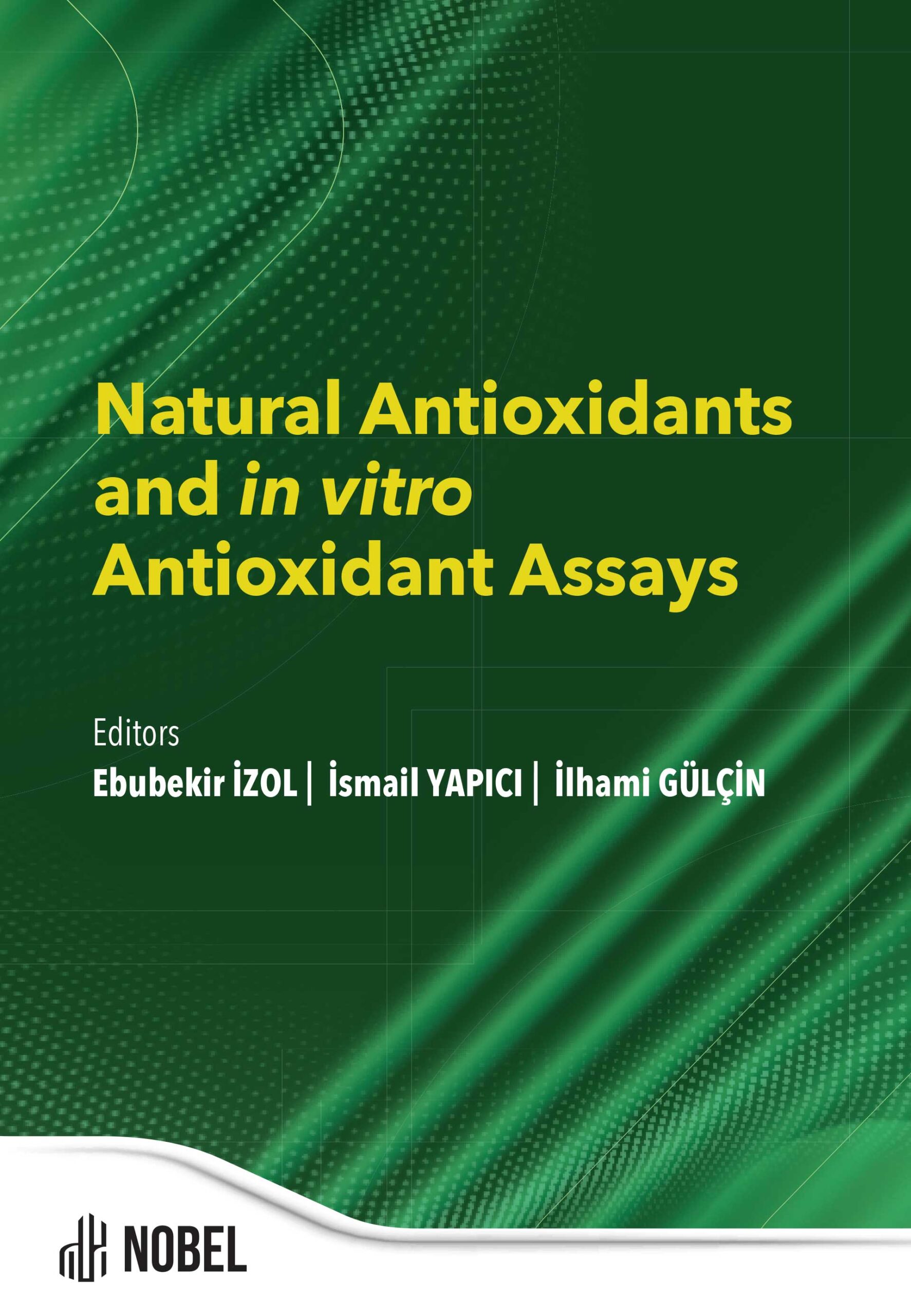The Role of Antioxidants in the Treatment of Alzheimer’s Disease
Veysel Tahiroglu (Author)
Release Date: 2024-06-07
Alzheimer disease is a chronic, progressive neurodegenerative disease characterized by cognitive impairment. It is the most common form of dementia in the elderly population and its impact is increasing worldwide. More than 47 million people worldwide are thought to be affected by Alzheimer disease. Age is the leading risk factor, and research has shown that [...]
Media Type
Buy from
Price may vary by retailers
| Work Type | Book Chapter |
|---|---|
| Published in | Natural Antioxidants and in Vitro Antioxidant Assays |
| First Page | 203 |
| Last Page | 217 |
| DOI | https://doi.org/10.69860/nobel.9786053359333.9 |
| Page Count | 15 |
| Copyright Holder | Nobel Tıp Kitabevleri |
| License | https://nobelpub.com/publish-with-us/copyright-and-licensing |
Veysel Tahiroglu (Author)
PhD, Asst. Prof. Dr., Şırnak University
https://orcid.org/0000-0003-3516-5561
3Veysel Tahiroğluwas graduated from the Faculty of VeterinaryMedicine Faculty, Kafkas University (Kars, Turkey). He completed hisdoctorate in Medical Biochemistry at the Faculty of Medicine of KafkasUniversity (Kars, Turkey). He now serves as a Faculty member at theNursing Department, Faculty of Health Sciences, Şırnak University (Şırnak, Turkey)
İzol E. Bazı Arı Ürünlerinin (Bal, Polen, Propolis, Arı Sütü ve Arı Ekmeği) LC-MS/MS ile Sekonder Metabolitlerinin ve Biyolojik Aktivitelerinin Belirlenmesi. Doktora tezi. Atatürk Üniversitesi Fen Bilimleri Enstitüsü, Erzurum, 2023.
Izol, E. Determination of Heavy Metals and Seconder Metabolites of some Allium (Wild Garlic) Species by ICP-MS and LC-MS/ MS Investigation of Their Biological Activities. Dicle Üniversitesi, Fen Bil. Ens., Kimya ABD, Yüksek Lisans Tezi, 2016.
Bursal, E., Yılmaz, M. A., Izol, E., Türkan, F., Atalar, M. N., Murahari, M., ... &Ahmad, M. Enzyme inhibitory function and phytochemical profile of Inula discoidea using in vitro and in silico methods. Biophysical Chemistry, 2021; 277, 106629.
Yılmaz, M.A., Cakir, O., İzol, E., Tarhan, A., Behçet, L., Zengin, G. Detailed Phytochemical Evaluation of a Locally Endemic Species (Campanula baskilensis) by LC-MS/MS and its In-Depth Antioxidant and Enzyme Inhibitory Activities. Chemistry&Biodiversity, 2023; 20(12), e202301182.
Selhub J. Folate, vitamin B12 and vitamin B6 and one carbon metabolism. J Nutr Health Aging. 2002;6(1):39-42.
| onix_3.0::thoth | Thoth ONIX 3.0 |
|---|---|
| onix_3.0::project_muse | Project MUSE ONIX 3.0 |
| onix_3.0::oapen | OAPEN ONIX 3.0 |
| onix_3.0::jstor | JSTOR ONIX 3.0 |
| onix_3.0::google_books | Google Books ONIX 3.0 |
| onix_3.0::overdrive | OverDrive ONIX 3.0 |
| onix_2.1::ebsco_host | EBSCO Host ONIX 2.1 |
| csv::thoth | Thoth CSV |
| json::thoth | Thoth JSON |
| kbart::oclc | OCLC KBART |
| bibtex::thoth | Thoth BibTeX |
| doideposit::crossref | CrossRef DOI deposit |
| onix_2.1::proquest_ebrary | ProQuest Ebrary ONIX 2.1 |
| marc21record::thoth | Thoth MARC 21 Record |
| marc21markup::thoth | Thoth MARC 21 Markup |
| marc21xml::thoth | Thoth MARC 21 XML |

